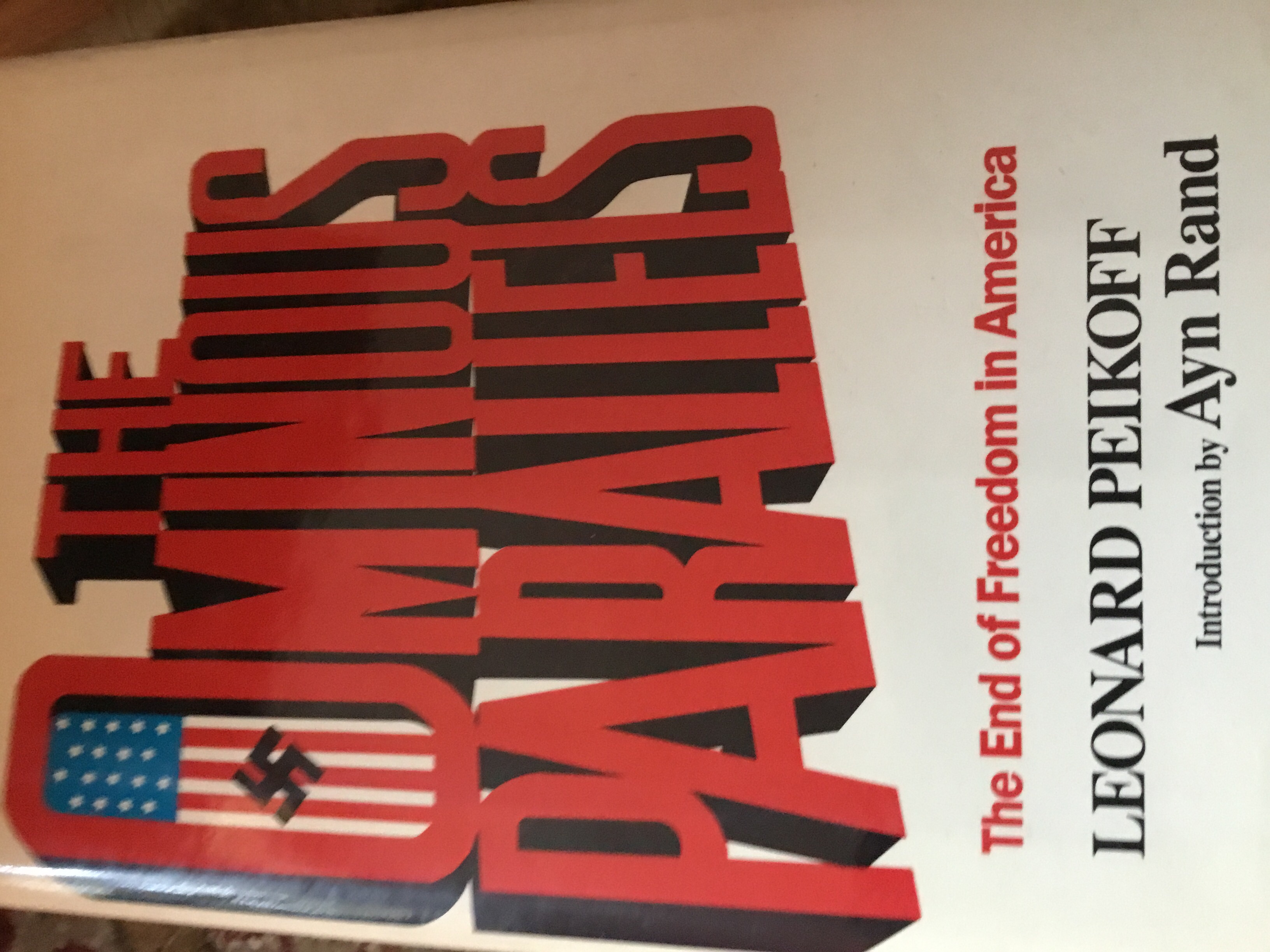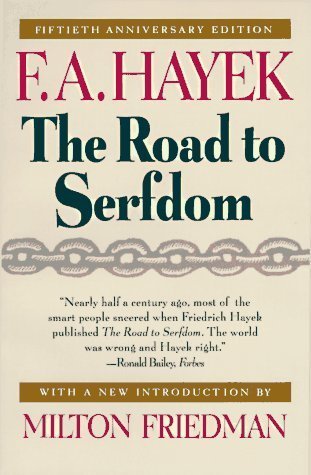
Imperium: Philosophy of History & Politics
Book Description
What if history is a battlefield where ideology wields more power than weaponry? Enter the intense realm of "Imperium: Philosophy of History & Politics," where Francis Parker Yockey unveils the underlying forces that shape civilizations. Through a provocative lens, he explores the eternal dance between individualism and collectivism, revealing how culture and politics intertwine in the shadows of fate. As the specter of conflict looms, the stakes rise higher than ever—a struggle not just for survival, but for the very essence of humanity. Can a single philosophy turn the tide in the war for civilization's soul?
Quick Book Summary
"Imperium: Philosophy of History & Politics" by Francis Parker Yockey is a controversial and provocative treatise that seeks to reinterpret the cycles of history through a philosophical and political lens. Drawing inspiration from Oswald Spengler, Yockey contends that Western civilization is in a state of decline, besieged by internal and external enemies—including liberalism, materialism, and what he interprets as foreign ideological subversion. He delves into the struggle between individualism and collectivism, arguing that the collective destiny of cultures supersedes the mere sum of individuals or economic forces. Throughout the work, Yockey champions a vision of cultural unity and strong centralized authority as the antidote to perceived decadence, warning against both American liberalism and Soviet communism. The book’s ideological underpinnings have rendered it a contentious influence, especially due to its associations with far-right and neo-Nazi thought.
Summary of Key Ideas
Table of Contents
The Organic Nature of Civilizations
Yockey posits that civilizations are organic entities, growing, flourishing, and declining in accordance with their own unique life cycles. He argues that history should be viewed not as linear progress, but as a series of rises and falls determined by cultural vitality. Borrowing from Spengler, he asserts that Western civilization has entered a phase of decline, weakened by spiritual, cultural, and moral erosion. This organic perspective places less emphasis on economics or politics alone, instead prioritizing the primacy of cultural forces and their role in shaping the fate of peoples and nations.
The Conflict between Individualism and Collectivism
A recurring theme is the struggle between individualism and collectivism. Yockey criticizes the rise of unchecked individualism, which he claims undermines the solidarity and sense of purpose necessary for civilization’s endurance. For Yockey, only through a collective spirit—manifested in a unified cultural identity and obedience to authority—can a civilization maintain its strength. He advocates a political order that enforces cultural cohesion and subordinates individual desires to the greater destiny of the collective.
Critique of Liberalism and Materialism
Embedded in Yockey’s critique is a rejection of liberalism and materialism, which he sees as corrosive forces. He argues that liberal doctrines, with their focus on personal liberty and economic pursuit, reduce society to atomized individuals devoid of higher spiritual purpose. Materialism, in his view, further erodes the collective ethos by prioritizing wealth and comfort over cultural achievement. Yockey sees both as symptoms of the West’s descent into decadence and vulnerability to external manipulation.
Culture, Race, and Destiny
Yockey’s analysis draws a direct connection between culture, race, and collective destiny. He espouses the belief that each high culture is bound to a particular race or group, which is tasked with fulfilling a historical mission. In this view, the mingling or dilution of cultural identities leads to decline. He warns against the loss of racial and cultural purity, considering it both an existential and spiritual threat to the civilization’s continued existence.
The Role of Ideology in Shaping History
Central to the book is the role of ideology as the driver of historical change. Yockey contends that ideas, not merely economic conditions or military might, are the primary weapons in the battle for civilizational supremacy. He urges the formation of a unifying, organic worldview capable of resisting both American liberalism and Soviet communism. For Yockey, a reinvigoration of Western civilization depends on the rise of a purposeful collective ideology, wielded as deliberately as any weapon, to defend and define the civilizational soul.
Download This Summary
Get a free PDF of this summary instantly — no email required.





